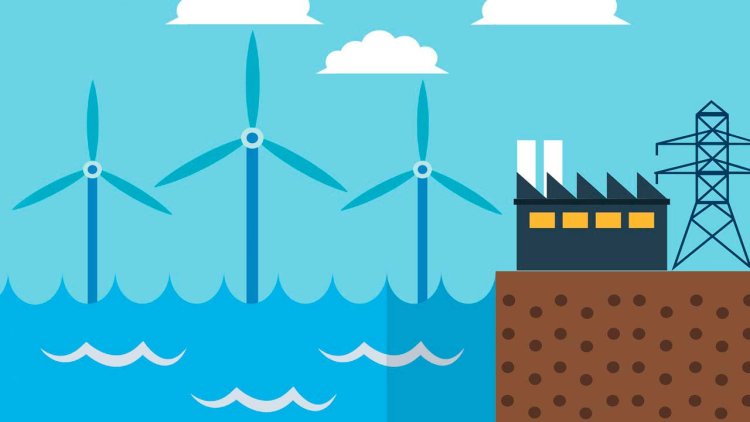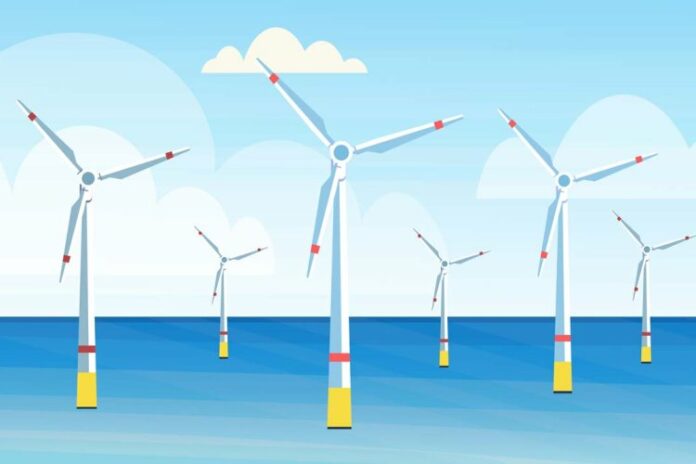Offshore renewables – such as offshore wind and ocean energy – have significant potential to accelerate the global energy transition and create new economic and social opportunities.
According to the latest data from the International Renewable Energy Agency (IRENA), the installed capacity of offshore wind grew 18-fold to over 55 gigawatt (GW) in 2022 and ocean energy had installed capacities of 0.535 GW in 2021. Offshore wind and ocean energy can reach 380 GW and 350 GW in 2030, respectively, if key barriers such as slow permitting protocols and increased investments are successfully addressed.
At the 6th meeting of IRENA Members’ Collaborative Framework on Offshore Renewables (CFOR), participants discussed IRENA’s latest brief, Scaling up investments in ocean energy technologies, in cooperation with Ocean Energy Europe (OEE). Representatives from 38 Member States, and 55 representatives from industry and other international organisations, who attended the meeting also discussed the ongoing preparation of the upcoming brief, Enabling Frameworks for Offshore Wind Scaleup: innovation in permitting, in cooperation with the Global Wind Energy Council (GWEC).

The upcoming IRENA-GWEC brief provides key recommendations addressing the main challenges arising from current permitting protocols for offshore wind, including but not limited to, the complexity of the administrative processes, and the need for centralised authorities to oversee this process.
In the same way that wind and solar energy were supported with public money to allow consumers to access markets, governments need to offer similar support to ocean energy. For that reason, the objective of the IRENA-OEE brief is to provide a concise guide to decision-makers on how different financial instruments can be leveraged to encourage investments in ocean energy technologies, both wave and tidal.
“Ocean energy technologies must be part of our sustainable energy future. While this technology continues to improve its competitiveness, it cannot rely solely on market actors to deploy projects. Private investors will not engage without market visibility and unclear targets by governments,” said Lotta Pirttimaa, Senior Policy Officer of OEE.
“Offshore renewables and ocean energy are a tangible solution to create a decarbonised, sustainable, and secure energy eco-system,” said Angela Sarmiento, Head of the Office of Regulatory and Business Affairs of the Ministry of Mines and Energy of Colombia, currently co-facilitator of (CFOR). “To reap the benefits from ocean energy, it is necessary that investments in this technology are scaled up.”



